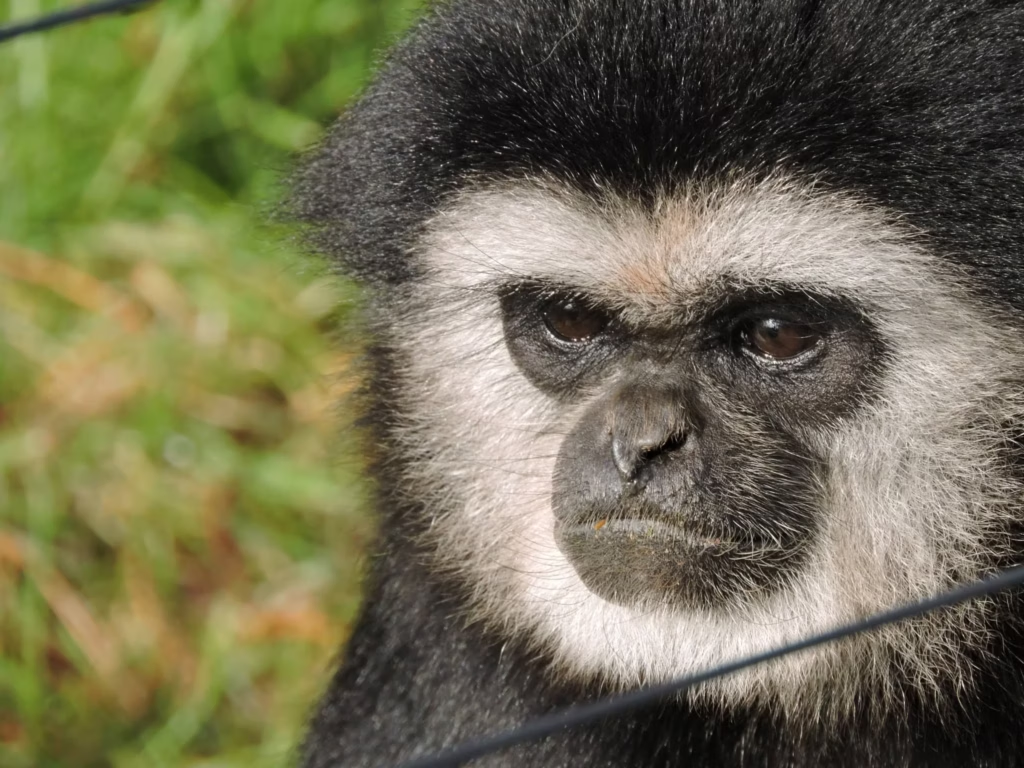Introduction to Primatology
Meets the monkeys (don’t call apes monkeys)
The primates (these are actually only apes)
Are they really mates though?

Chimpanzee
Pan troglodytes
My personal favs they are super fun, attentive, and manipulative. They are hilarious and I love working with them (I miss them all so much) and look forward being able to again! All around great monkee (not actually monkeys, though)

Gorilla
Gorilla gorilla (not very exciting but is getting more original)
This in my second group and the ones I want to work with in the wilds of Africa (obviously chimps too). They are generally very gentle and are the most majestic creatures I’ve ever seen. “Silverbacks”, btw are just the alphas because their back hair turns silver.

Orangutan
Pongo (kind of like the stick)
These are probably the most gentle since their species is so spread out and definitely will work with them in the future. Like Pokémon, I want to collect them all. If you don’t know what orangutan babies look like, look it up. The bigger the face flanges (face wings) the more dominant and also the cooler the noises.

Bonobo
Pan paniscus
This are the creepiest of the apes and look like humans wearing chimp suits (don’t come at me, I’m right). They are the only matriarchal ape and are just as related to humans as chimps are (scientists go back and forth every few years).

Gibbon
Hylobatidae
God’s perfect creation. Have no complaints they are adorable in every way and don’t always look this grumpy. Would love to have an opportunity to work with them. (100/10)

Human
Homo sapien (sapien, according to some)
God’s most flawed creation. Nah, they’re actually alright when not actively killing, burning, or raping things. Had to keep this picture because it’s hilarious.
Have questions?
Well don’t…jk

What is primatology?
Primatology is the study of primates, including their behavior, evolution, and ecology. It involves observing in both wild and captive settings.
Why is primatology?
Primatology is important because it helps us understand our closest living relatives and provides insights into human evolution, behavior, and biology. Also because it’s fun and who wouldn’t want to follow monkeys around in the forest all day.
What’s my favorite part of primatology?
The monkeys, obviously. No, but seriously. Being able to observe and sometimes interact with these majestic beasts is such an amazing opportunity one I wouldn’t trade in a lifetime. They are simultaneously so wholesome and violent just like humans are.
Can I identify all the monkeys?
Absolutely not. That honor belongs to my beloved friend, Monkey Knower (Holy Knower of What Monkey That Is), and is to be respected at all costs.
How can I get involved in it?
Honestly I don’t know how I got here. Studying something like biology, anthropology, or a related would work pretty well. Experience is important so look into doing field research and volunteering at primate sanctuaries.